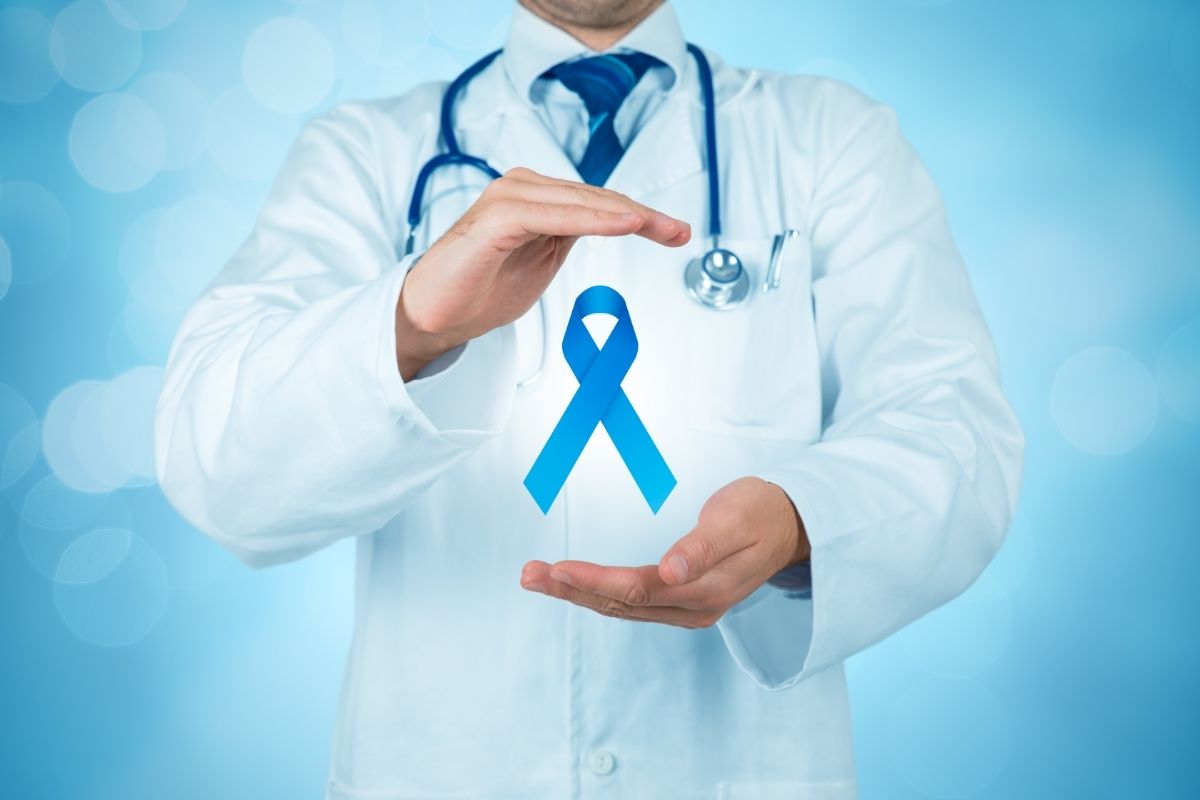Authors: Polonsky, WH., Fisher, L.
Abstract
Given the importance of glycemic control in the development of diabetes complications, the plethora of tools now available to monitor the day-to-day trends in glycemia is remarkable. In this regard, self-monitoring of blood glucose (SMBG) has been considered a key component of patient management. Arguably, there remains almost universal agreement that SMBG should be available to all diabetic patients regardless of current treatment strategy. However, recently there have been reports that have challenged the current paradigm that all patients should use SMBG and concluded that SMBG for type 2 diabetic patients not on insulin may not be beneficial on glycemic control and must be weighed against the expense and inconvenience. In the counterpoint narrative following the contribution by Malanda et al., Drs. Polonsky and Fisher provide a compelling argument suggesting that while it is evident that implementing SMBG in unstructured ways without training patients and clinicians is likely to be a waste of resources, there are effective and powerful ways to use structured SMBG in insulin-naïve type 2 diabetic patients. -William T. Cefalu, MD Editor in Chief, Diabetes Care.


